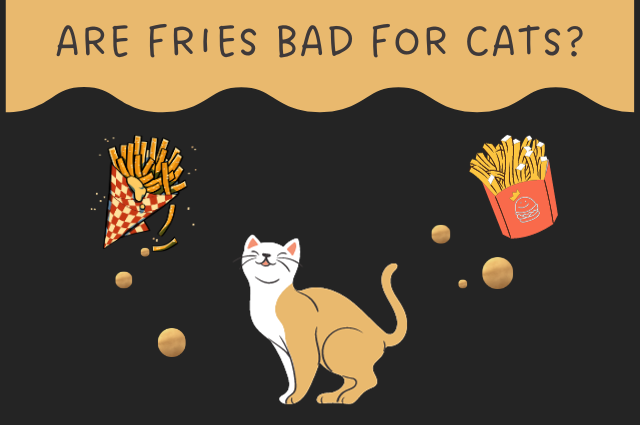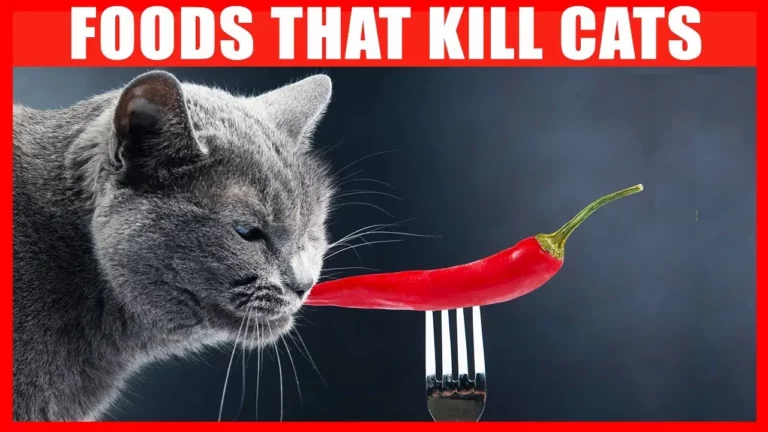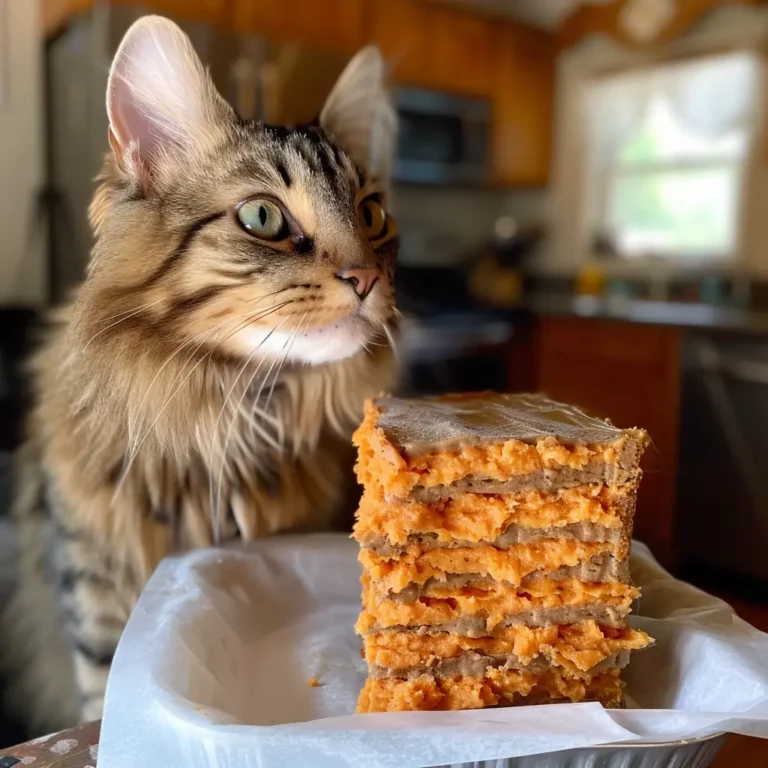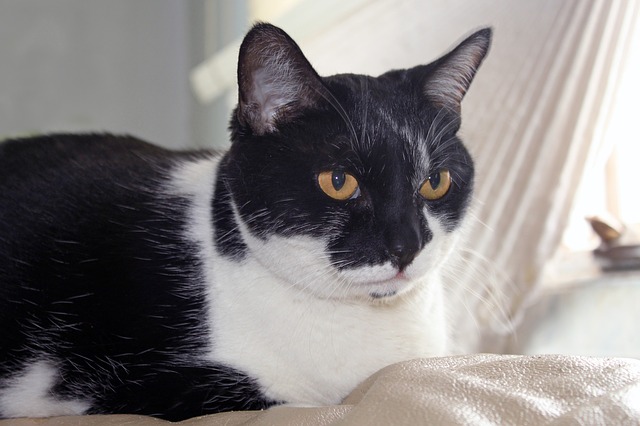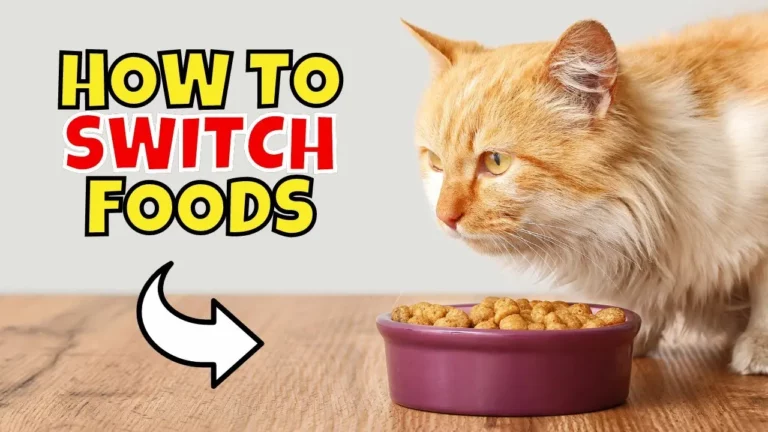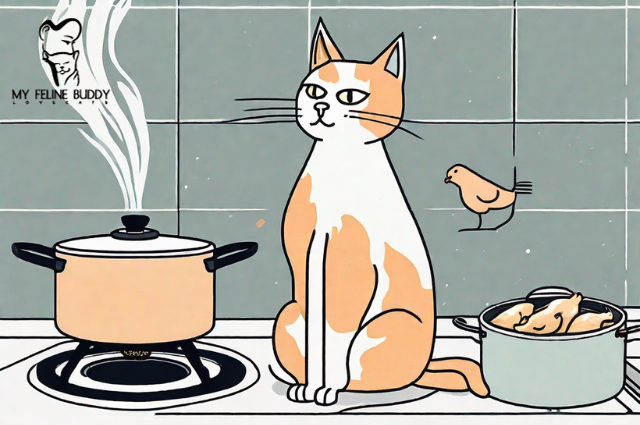Are Fries Bad for Cats?
Cats are amazing pets that bring joy and companionship to millions of people around the world. As pet owners, we must ensure that our feline friends are well taken care of, especially when it comes to their diet. Many pet owners may wonder if fries are safe for cats to consume. In this expert’s guide, we will explore the potential risks and benefits of feeding fries to cats and provide alternatives for a healthier treat.
Can Cats Eat Fried Potatoes?
A Cat ‘s Dietary Needs
Before delving into the specifics of fries and their impact on cats, it is important to first understand the dietary needs of our feline friends. Cats are obligate carnivores; thus, they require a diet rich in animal proteins. This carnivorous nature is reflected in their digestive system, which is uniquely designed to process and derive nutrients from animal-based sources.
Essential nutrients for cats include proteins, fats, vitamins, and minerals. These nutrients are important for their overall health and well-being and the proper functioning of their organs and systems.
Proteins play a vital role in a
Fats are another important component of a
Vitamins and minerals make a difference in various bodily functions in cats. For example, vitamin A is important for maintaining healthy vision, while vitamin D is necessary for the absorption and metabolism of calcium. Minerals like calcium, phosphorus, and magnesium are crucial for bone health and muscle function. Cats obtain these nutrients from their diet, so providing them with well-balanced and nutritionally complete
In addition to the essential nutrients, cats also require sufficient water in their diet. Adequate hydration is crucial for maintaining healthy kidney function and preventing urinary tract issues. While cats obtain some water from their food, it is important to always provide them with fresh water to ensure they stay hydrated.
Understanding a
The Ingredients of Fries
Fries are a popular and convenient snack enjoyed by many humans. They are often crispy, golden, and delicious. However, when it comes to cats, the ingredients of fries can pose several concerns.
Potatoes and Cats: A Complex Relationship
Potatoes, the main ingredient in fries, are starchy vegetables that are not a natural part of a
Cats require certain essential nutrients, such as taurine, which are abundant in animal-based proteins but lacking in potatoes. While cats can eat some vegetables in moderation, feeding cats large quantities of potatoes can lead to weight gain and contribute to digestive issues.
Furthermore, cats lack the necessary enzymes to break down and digest carbohydrates efficiently. Even small amounts of potatoes can be challenging for their digestive systems to process.Â
The Impact of Salt and Oil on Cats
Another factor to consider is the presence of salt and oil in fries. Salt is often sprinkled on fries to enhance their flavor, but cats have a low tolerance for sodium. Excessive salt intake can lead to dehydration and electrolyte imbalances in cats. These imbalances can cause a range of health issues, including kidney problems and high blood pressure.
In addition to salt, the oils used in frying can be high in unhealthy fats, such as trans fats and saturated fats. These fats can negatively affect a
Read more: Is sour cream bad for cats?
While it may be tempting to share a few fries with your feline friend, it’s essential to remember that their dietary needs differ significantly from ours. Instead, consider offering them
Potential Health Risks of Feeding Fries to Cats
Feeding fries to cats can have several potential health risks, including:
Obesity and Related Health Issues
Cats that consume foods high in empty calories, such as fries, are at a greater risk of becoming overweight or obese. Obesity in felines can lead to a range of health issues, including diabetes, joint problems, and reduced lifespan.
Digestive System Complications
Cats’ digestive systems are not genetically engineered to handle foods like fries, which are high in carbohydrates and fats. Feeding fries to cats can lead to digestive issues such as diarrhea, constipation, and gastrointestinal upset.
You might also like: What to feed a kitten
Alternatives to Fries for Cats
While fries may not be a suitable treat for cats, plenty of alternative options can satisfy their taste buds while also providing nutritional benefits.
Healthy Treats for Cats
There are numerous commercially available treats specifically formulated for cats. These treats are often made with high-quality ingredients, such as real meat, and are designed to provide nutritional benefits while still being tasty.
Homemade Snacks for Cats
If you prefer to prepare treats for your
Read more: Are grains bad for cats?
How to Prevent Cats from Eating Unhealthy Foods
Preventing cats from accessing unhealthy foods requires a combination of training and creating a safe eating environment.
Training Your Cat to Avoid Certain Foods
Training your
Creating a Safe Eating Environment for Your Cat
Creating a safe eating environment for your
In conclusion, while fries may be a beloved snack for humans, they are not appropriate for cats. The ingredients in fries, including potatoes, salt, and unhealthy oils, can harm a
Obesity, digestive complications, and other health issues can arise from feeding fries to cats. Instead, focus on providing cats with treats specifically formulated for their dietary needs, or consider making homemade snacks using safe and beneficial ingredients.Â
